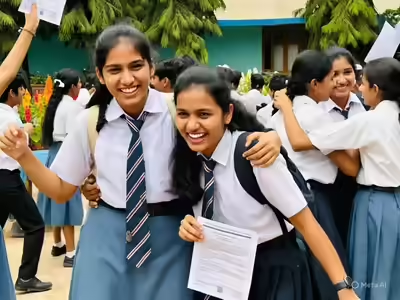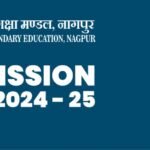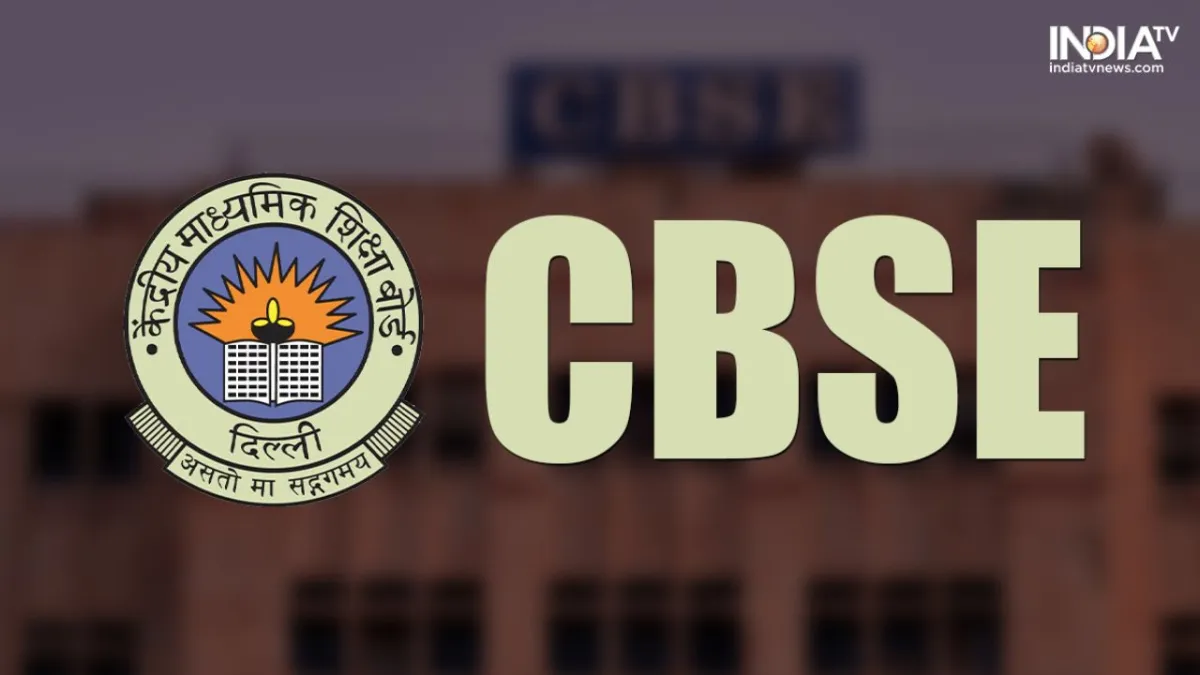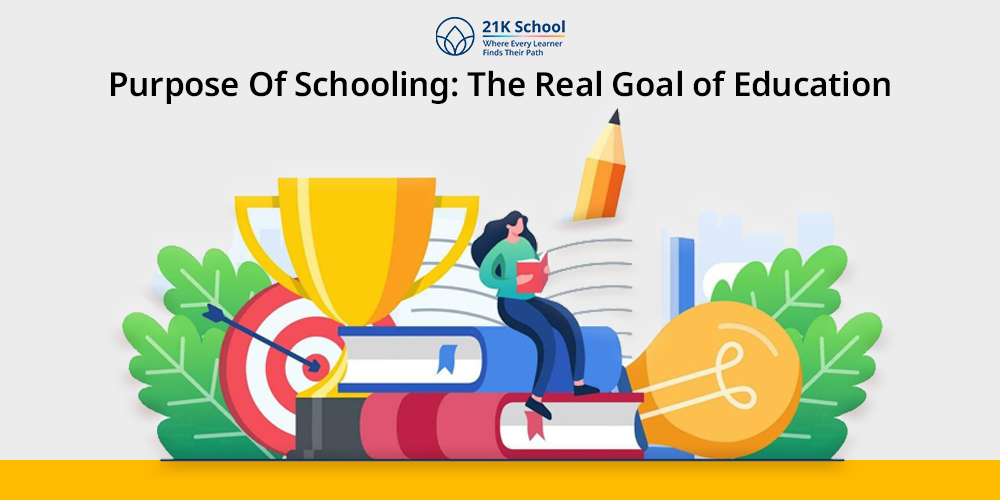CBSE stands for the Central Board of Secondary Education, which is a national education board in India, managed by the Government of India, and runs schools in different parts of the country and abroad. The board sets up rules, prepares a syllabus, and conducts exams for schools that follow the education system created by it.
Since the CBSE comes under the central government, this has all the schools affiliated to the same syllabus. It really matters to the students shifting from one state to another, especially in case of transfer of jobs for their parents.
CBSE History and Growth Over Time
CBSE Government Board initiation can be traced back to 1929 when it was known as the Board of High School and Intermediate Education in Rajputana. Renamed in 1952, CBSE was meant to ensure equal and organized education throughout India.
The board has developed immensely through the years. Among the modern advancements being used for the benefit of students include smart teaching approaches, digital tools, and newer regulations.
Main Goals of the CBSE Government Board
The foremost aims and objectives of the Central Board of Secondary Education (CBSE) would include:
- Providing education to all students of India
- using fun and new methods for teaching
- developing children physically, cognitively, and emotionally
- Preparing students for competitive examinations like JEE and NEET
CBSE Curriculum and What Students Learn
The CBSE Government Board follows a smart and balanced syllabus. It uses books made by NCERT, which are simple, clear, and updated.
Primary and Middle School (Classes 1 to 10)
Subjects taught include:
- English and Hindi
- Maths
- Science
- Social Science
- Computer Studies
- Art and Craft
- Work Education
- Physical Education
Senior Secondary Classes (11 and 12)
Students can choose one of these streams:
- Science: Physics, Chemistry, Maths, Biology
- Commerce: Accountancy, Business Studies, Economics
- Arts: History, Political Science, Psychology, Sociology
- Others: Computer Science, Physical Education, Fine Arts, Legal Studies
CBSE Exams: All You Need to Know
The CBSE Government Board conducts final examinations for Class 10 and Class 12 every year, generally in February and March.
How CBSE Checks Answer Sheets
CBSE does its paper checking in a very transparent and fair manner. It uses a smart system for awarding marks. In recent years, it has added case-based and competency-based questions to assess the understanding and thought processes of students involved, rather than just memorization.
Results and Mark Sheets
In May, CBSE results are announced. Students can check their scores online. DigiLocker, a secure online storage for school documents, allows students to download their digital mark sheets.
CBSE Government Board and Digital Tools
CBSE Government Boards keep updating their technology from time to time to make learning smooth and easy. I list here some remarkable examples:
- DigiLocker: Securely stores report cards, certificates, and migration documents.
- Parinam Manjusha: Portrays students’ academic documents.
- CBSE Training Portal: Free online teacher training courses.
- e-Patrachar: Helps students who can’t attend school.
- SARAS Portal: Assisting schools in applying for CBSE affiliation.
CBSE School Rules and Affiliation Process
The CBSE Government Board allows schools to join it through an affiliation process. Schools must meet safety, infrastructure, and academic standards.
Types of affiliation include:
- Temporary Affiliation
- Permanent Affiliation
- Upgraded Affiliation
CBSE Teacher Training and Development
The CBSE Government Board believes that good teachers create great students. It trains teachers using:
- Workshops
- Online courses
- Interactive webinars
- Certificate programs

CBSE and Skill-Based Learning
The CBSE Government Board wants students to learn real-world skills. So, it started skill subjects in Class 6 and above.
Some popular skill subjects include:
- Artificial Intelligence
- Tourism
- Retail
- Healthcare
- Financial Literacy
- Coding
CBSE Government Board Around the World
The CBSE Government Board isn’t just in India. It also has schools in 25+ countries, including:
- United Arab Emirates
- Qatar
- Singapore
- Nepal
- Oman
- Saudi Arabia
CBSE Helps Students With Competitive Exams
The CBSE Government Board prepares students for many important exams. Some of them are:
- JEE (for engineering colleges)
- NEET (for medical colleges)
- CUET (for central universities)
- CTET and UGC NET (for teacher jobs)
CBSE Grading and Report Cards
CBSE uses a simple and fair grading system. In primary and middle classes, it uses CCE (Continuous and Comprehensive Evaluation). For higher classes, it gives grades and percentages.
Here’s a look at the grading system:
- A1 (91-100 marks)
- A2 (81-90 marks)
- B1 (71-80 marks)
- B2 (61-70 marks)
- C1 (51-60 marks)
- C2 (41-50 marks)
- D (33-40 marks)
- E1 & E2: Needs more effort
CBSE and the New Education Policy (NEP 2020)
The CBSE Government Board is being revamped in line with the NEP 2020. Some of the changes include:
- Mother-tongue instruction in early grades
- Coding and AI are being introduced from Class VI
- Subject choices for the students
- Combined online and offline learning
- Assessment based on understanding rather than rote learning
Conclusion
The CBSE is one of the boards of education that has earned the trust of lakhs of families in India and abroad. The CBSE allows the students the opportunity to learn, grow, and shine. Its easy syllabus, with skill-based learning and global presence, helps students to become smart, kind, and confident. The CBSE also prepares them for examination, job, and life.
Also Read: Rajshree Medical Research Institute & Hospital, Bareilly











